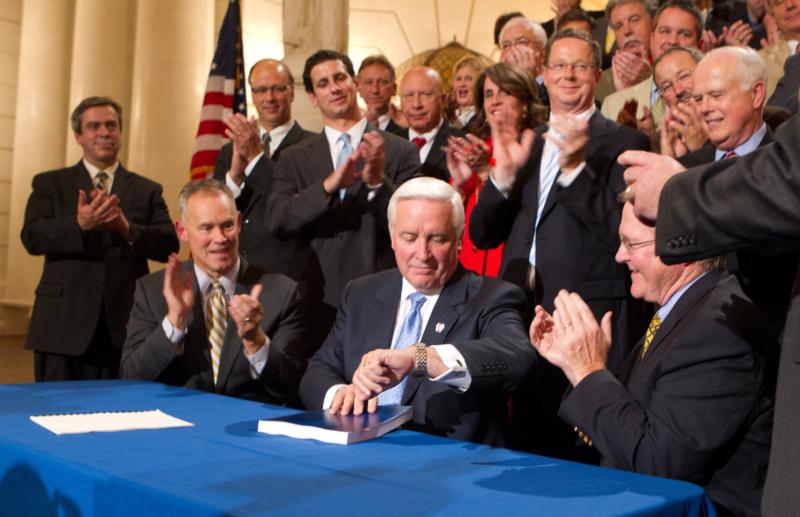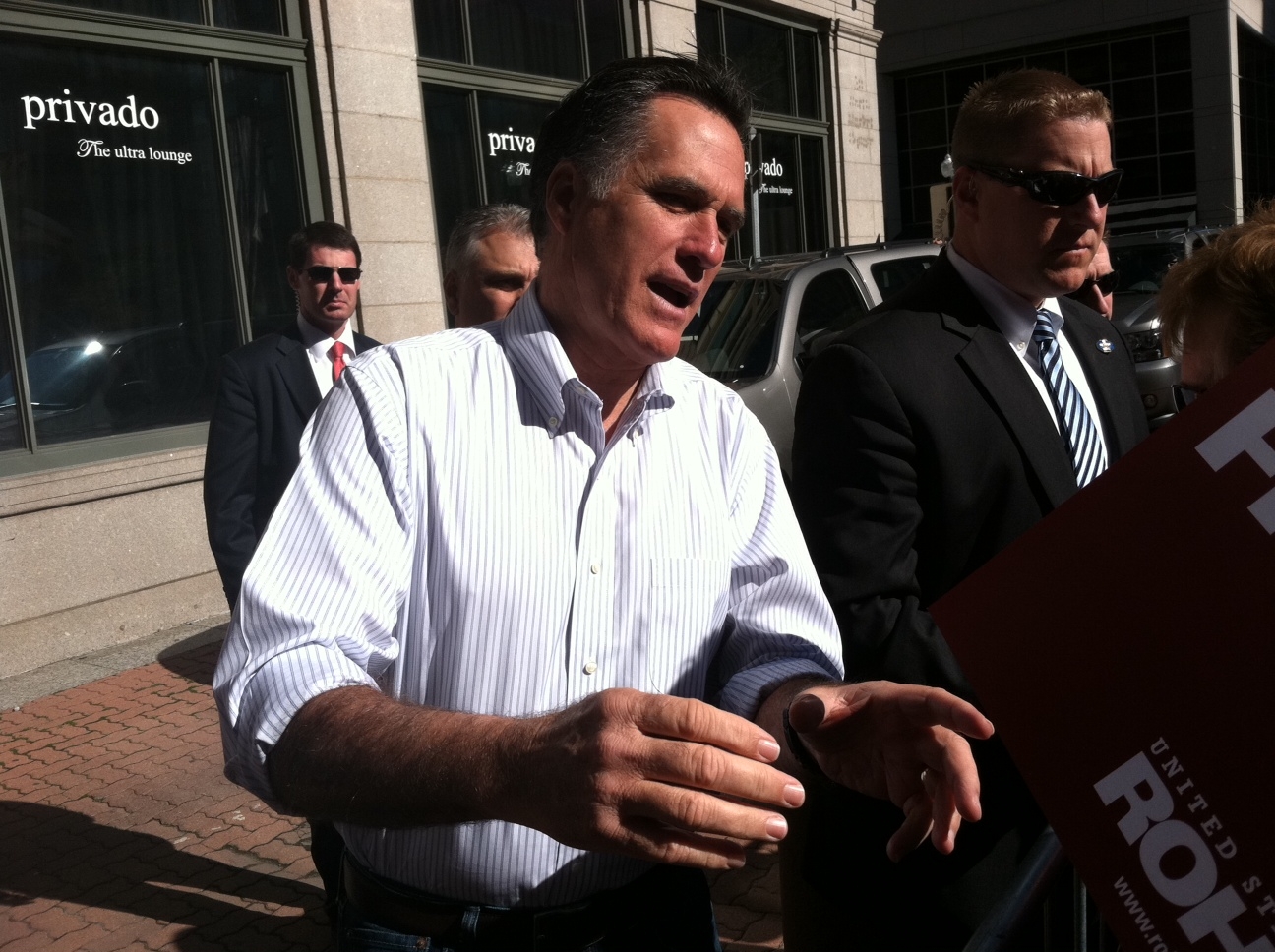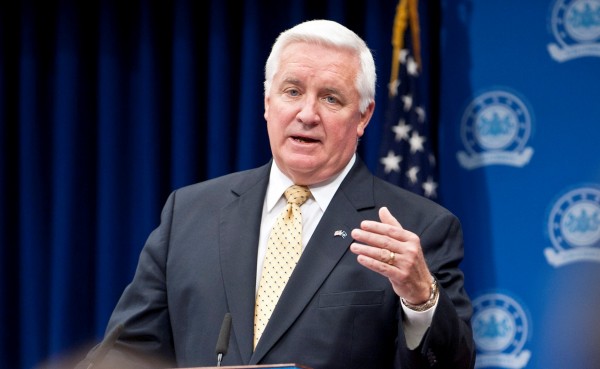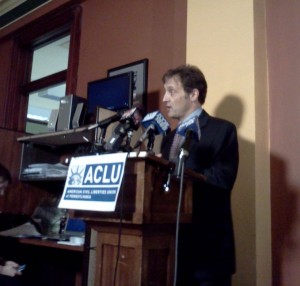Dairy Farmers Ask to Keep Current Milk Premium in Place
Dairy farmers are still operating on tight margins and they want the Pennsylvania Milk Marketing Board to keep the current over-order premium price in place for another six months.
The Pennsylvania Farm Bureau has again urged the board to retain the current Class I (fluid milk) over-order premium price of $2.15 per hundredweight. The board reviews pricing twice a year and will be making decisions for the six month period that starts July 1st.
Mark O’Neill, spokesman for the Farm Bureau, says dairy farmers are facing many challenges. He says they’ve seen milk prices decline, as production costs remain high. Last year’s weather conditions resulted in feed shortages and poor quality feed, which can affect costs and milk yield. Many Pennsylvania dairy farmers grow their own feed.
Keeping the current over order premium price would not change what consumers are paying for milk at the grocery store.
O’Neill adds that income over feed costs dropped by nearly 30% over the past year as the overall milk check fell and the cost of feeding the cows rose. This means profit margins are still tight on dairy farms across the state.
The bureau also asked the board to continue the current fuel adjuster premium. Dairy farmers whose milk is produced, processed and sold in Pennsylvania for Class I use receive an additional premium based on the cost of fuel.









